

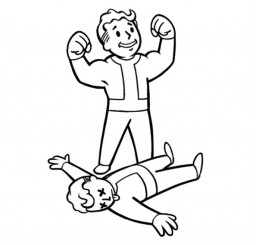
While Fallout didn't invent the concept of perks, it certainly made them fun.
In Parts 1, 2, and 3 of our Assassin’s Creed: Brotherhood Multiplayer guide, we looked at every friggin’ skill in the game, from the lowly (and terrible) Sprint Boost to the oh-so-tantalizing Poison. With all the game’s abilities covered, there still remain two more aspects of each player’s loadout that should be taken into consideration: Perks and Streaks.
Just as with abilities, so too can players equip two of each category within Perks and Streaks. Perks offer passive or situational abilities, while Streaks grant bonuses if a player is doing particularly well or poorly. While these loadout choices aren’t as important to your overall strategy as abilities are, they can create major advantages in many situations.
Let’s see what kind of mayhem we can get ourselves into.
If you haven’t noticed by now, none of the personas in Brotherhood happen to be a steamroller. While you can run and push your way through civilians with some success, your character will lose balance and fall to the ground if you attempt to earn a strike while playing peon bowling. Enhanced Autobash increases the number of pedestrians you can slam into before tripping by two, increasing your odds of escaping or closing distance to a target in a big crowd.
The Verdict: While it’s not completely useless, in most situations running straight through civilians (bashing or otherwise) will usually slow you down so much your pursuer will catch you anyway, especially since you’re effectively plowing the field clear of obstacles for him or her by doing so. Generally speaking, almost any Perk is better than Enhanced Autobash.
No, Wall Runner doesn’t grant you sweet Mirror’s Edge-esque gravity-defying abilities. Instead, it lets you climb walls faster, scurrying up to gripping spots and roofs more quickly than other players. Once on the wall, you won’t climb any faster; Wall Runner only ensures you’re the first person to reach the three meter mark from the ground.
The Verdict: Wall Runner is useful in any situation calling for a lot of time on the roof, since you’ll reach the top sooner for either pursuit or evasion purposes. Additionally, it can allow you to escape close pursuers, since it’s one of the only ways for you to outrun them, all other things equal.
When your quarry is onto you and finds an opportunity to knock you out cold, you’re typically grounded for five seconds before coming to your feet (and your senses). With Resistance, that time is reduced by 40%, down to three seconds sleeping on the pavement. While it’s not a huge amount, it can cause your enemies to remain vulnerable if they were planning to be safe for a few more moments in the vicinity.
The Verdict: Resistance is generally only good while on Offense in Manhunt, Chest Capture, and Escort, since it is much more likely you will get stunned while on the hunting team. In free-for-all matches like Wanted, getting up sooner will rarely save you from your killer. Do keep in mind that in many cases, being stunned is a prelude to being stunned again, and Resistance doesn’t prevent such infuriating circumstances.
Whilst blending into an NPC group with this Perk equipped, one random NPC will automatically change to match your persona, assuming there wasn’t already a twin present to begin with. If you blend into a new group, the other NPC will revert as you perform your Agent Smith magic on another hapless victim.
The Verdict: Blender is one of the most powerful Perks in the game because, in many cases, it renders several abilities obsolete. For instance, why use Morph when you can guarantee that every NPC group will have a copy of you? Mixed with Disguise, Blender can turn any random NPC into bait for your killers. That said, Blender isn’t always a given. It does produce a conspicuous animation, so keen-eyed killers will notice shapeshifting CPUs and aim for you instead. Additionally, Blender has little value when you’re on Offense in Manhunt or in Assassinate, where your persona doesn’t even matter. Use Blender often in defensive loadouts, but be careful not to activate it in plain sight.
When your assassin initiates a chase, Fast Getaway decreases the time required for the chase to end by 25%. In other words, if you can break line of sight or blend into a group to elude your pursuer, you won’t have to stay hidden for as long in order to win the escape bonus.
The Verdict: Fast Getaway is good at what it does, but because it relies completely on your opponent’s decision to chase you, it’s not a reliable perk. While you could spend every match trying to lure a chase in the hopes of making a quick escape, it’s just as likely your killer will respond to your shenanigans by putting a bullet into your back. Outrun that.
Not quite the opposite of Fast Getaway, Chase Expert grants you a 15% speed boost while you’re the aggressor in a chase. This ability basically kicks in when you go into high profile mode with LOS on your enemy, allowing you to swiftly render them dead.
The Verdict: Unlike Fast Getaway, Chase Expert relies on your playstyle instead of your opponent’s. For that reason, it can be incredibly useful if you’re the kind of person who likes frequent, high profile kills, or if you just find your targets are fond of running from you constantly. Also note that in Escort (and possibly other modes), the bodyguard team will always benefit from Chase Expert, since you don’t receive contracts on the team taking out the VIP. And since you don’t get silent/discreet bonuses on defense anyway, you don’t lose any points by sprinting at your suspects constantly. That’s very good for you, and very bad for them.
Both of your skills cool down 10 seconds faster.
The Verdict: This is the best perk in the game, hands down, which is why there’s no real need for explanation before the verdict. No matter what loadout you’re using, it will always be useful to have access to your skills more frequently. It makes the long-cooldown skills like Mute and Templar Vision more bearable, while making the short cooldown skills like Firecrackers hilarious. And since Overall Cooldowns stacks with the Rapid Reload version of each ability (another 10 seconds off of skill cooldown), that’s 20 seconds off every clock! For instance, you can use Rapid Reload Decoy almost constantly! The only reason I could possibly imagine you’d want to avoid Overall Cooldowns is if you are attempting to complete the challenge of placing first without using any abilities, in which case you wouldn’t benefit from improving them.
If you haven’t noticed by now, the discretion bar by your contract’s pretty face gives you a guideline to how much indiscretion you can get away with before your target is warned or before a chase ensues. Silent Hunt slows the rate at which this bar drains, meaning you’ll be awarded Silent and Discreet bonuses more frequently, even if you jogged over to your opponent while chokeslamming him or her to the ground.
The Verdict: Silent Hunt can be useful with skittish targets or players who like to run to rooftops, since it’s nearly impossible to reach them without sending yourself into high profile. It can also punish players who are trying to lure you into a chase. Overall, it’s a strong perk to choose when your marks are particularly hard-to-get.
Streaks are much simpler than Perks, so let’s just review them quickly. Each player can equip one Kill Streak and one Loss Streak bonus at any given time. Kill Streaks are point bonuses awarded to players for taking out a certain number of targets in a row without dying; Loss Streak bonuses are passive abilities or other boosts intended to help a struggling player catch up to his or her opponents. For the most part, Streaks do not benefit players on defense in Manhunt, Chest Capture, etc. since they cannot kill players and they cannot lose contracts.
*I am aware that this should technically include a fraction or a repeating decimal. Go back to school, nerd.
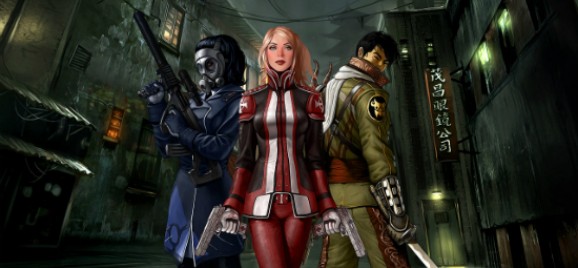
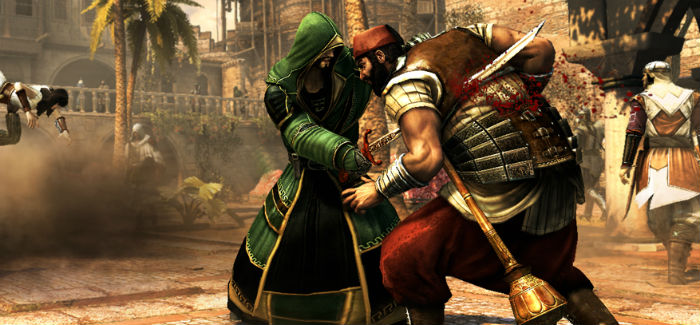

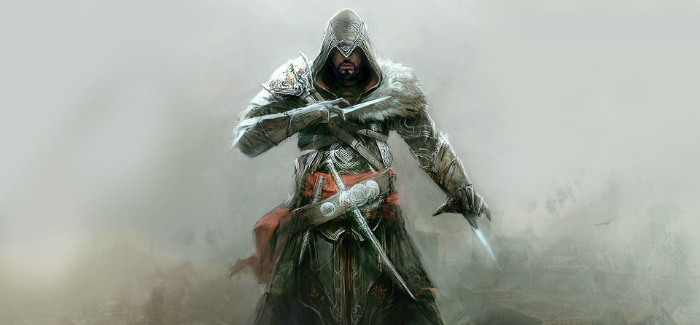
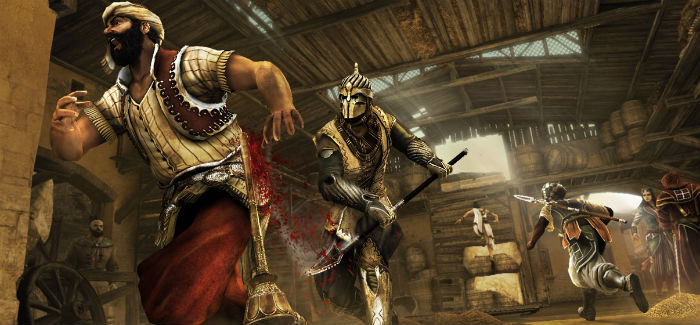 Assassins Creed Revelations Assassinate Multiplayer Guide
Assassins Creed Revelations Assassinate Multiplayer Guide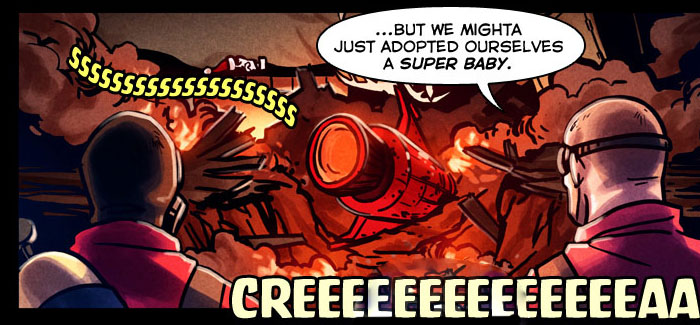 Super Street Fighter 4 AE 2012, Team Fortress 2, and more updates
Super Street Fighter 4 AE 2012, Team Fortress 2, and more updates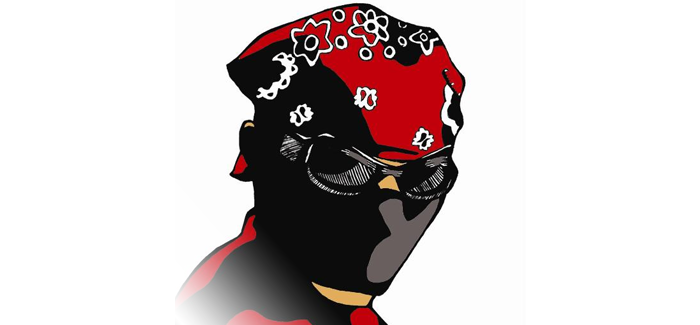 Need I remind you that I wear the win-pants around here?
Need I remind you that I wear the win-pants around here?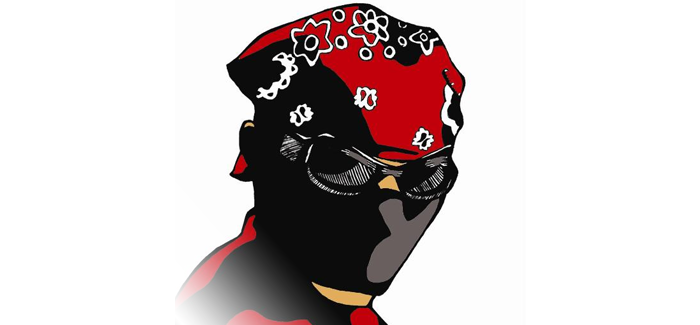 What is a WiNGTT? A miserable little pile of interviews.
What is a WiNGTT? A miserable little pile of interviews. T3 ACR Tournament Schedule – First 28 Xbox players
T3 ACR Tournament Schedule – First 28 Xbox players